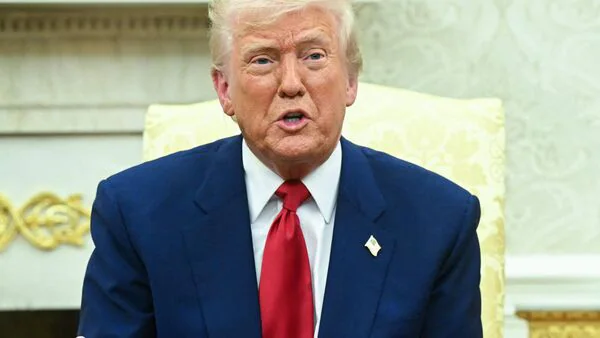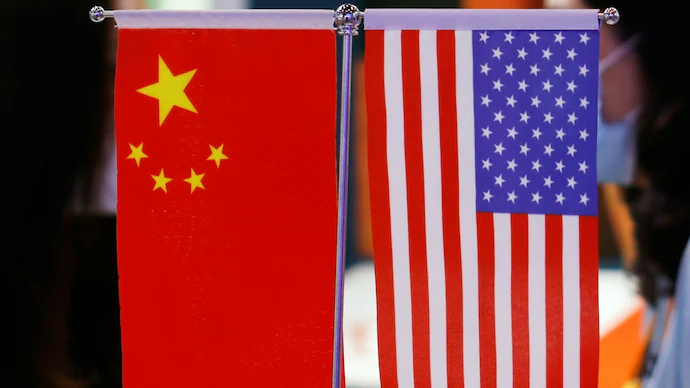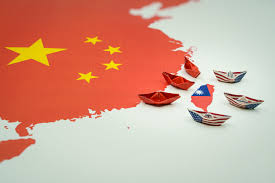Trump threatens 50% tariff on Chinese imports amid rising global market turmoil

NEW DELHI: President Donald Trump has issued a warning to China, threatening to impose a 50% tariff on Chinese imports to the U.S. if Beijing does not withdraw its recently announced 34% counter-tariff. The escalation comes amid sharp global market declines.
China's retaliatory move followed Trump’s “Liberation Day” announcement last week, which introduced a 34% tariff on Chinese imports and a minimum 10% tariff on goods from most U.S. trading partners.
In a post on Truth Social on Monday, Trump gave China a deadline of Tuesday to roll back its countermeasure or face the significantly higher tariff.
The Chinese embassy in Washington responded, accusing the U.S. of “economic bullying” and pledged to “firmly safeguard its legitimate rights and interests.”
If implemented, the proposed 50% tariff would be in addition to existing duties, resulting in a total tariff rate of 104% on Chinese goods — combining 20% tariffs introduced in March, last week’s 34%, and the new proposed hike.
Trump also warned that all discussions with Chinese officials regarding tariffs would be suspended if Beijing failed to comply. “All talks with China concerning their requested meetings with us will be terminated,” he wrote.
Speaking to reporters, Trump rejected the idea of pausing global tariffs to allow for broader negotiations. “We’re not looking at that. Many countries are already coming to us to negotiate fair deals,” he said.
China’s foreign ministry pushed back, stating that “pressuring or threatening China is not the right way to engage,” and accused Washington of prioritizing U.S. interests at the expense of global trade norms.
“Unilateralism, protectionism, and economic bullying do not serve global stability,” said Liu Pengyu, spokesperson for China’s U.S. embassy.
Trump defended the tariff strategy, citing the need to address America’s massive debt and restore balance to global trade. “We have $36 trillion in debt. It's now America First,” he said from the White House.
The tariff increases would particularly impact Chinese exporters, as the U.S. remains one of their largest markets. Key Chinese exports include electronics, furniture, and vehicles, while U.S. exports to China mainly consist of agricultural products, aircraft, and pharmaceuticals.
Negotiations with other trade partners are reportedly underway. Trump met with Israeli Prime Minister Benjamin Netanyahu at the White House on Monday, where Netanyahu pledged to eliminate the U.S.-Israel trade imbalance. Israel is slated to face a 17% tariff starting April 9.
Meanwhile, European Commission President Ursula von der Leyen has proposed a “zero-for-zero tariff” agreement with the U.S. but warned of potential retaliatory measures if necessary.
Trump responded by saying the EU was “formed to do damage to the United States in trade,” signaling continued friction with key allies.











